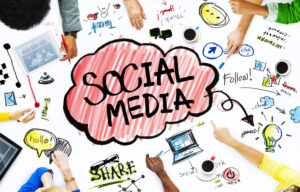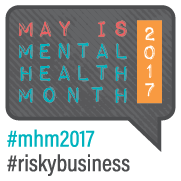 Social media has very much changed the way that people interact and its use today is higher than ever. We have access to it on our personal computers, smart phones, tablets and any other handheld device. We are online at work, at home and at school. Because we are constantly connected, there is an overwhelming amount of discussion regarding the impact social media has, especially on teens and young adults. Although there are many benefits to social media, there are also significant risks especially to our mental health.
Social media has very much changed the way that people interact and its use today is higher than ever. We have access to it on our personal computers, smart phones, tablets and any other handheld device. We are online at work, at home and at school. Because we are constantly connected, there is an overwhelming amount of discussion regarding the impact social media has, especially on teens and young adults. Although there are many benefits to social media, there are also significant risks especially to our mental health.
Social media impacts our mental health because it:
- is addictive.
- makes us compare our lives with others.
- makes us restless.
- gives rise to cyber-bullying.
- glamorizes drug and alcohol use.
- can make us unhappy.
- can lead to fear of missing out, aka FOMO.
- often leads to multitasking.
Many experts have compared the immediacy and reward of social media dependence to the “hit” of a drug. It can become a problem when it starts to interfere with living a normal life. If you have a teenager, especially one with a cell phone, it may seem impossible to limit the amount of time they spend on social media. However, it is important to have open conversations about the risks associated with social media. Continue to encourage them to spend time off of their computers and phones, interacting with people face to face whenever possible.
 May is Mental Health Awareness Month. Take this opportunity to consider if social media is impacting your mental health.
May is Mental Health Awareness Month. Take this opportunity to consider if social media is impacting your mental health.
Click here to read the 10 Ways Social Media Affects Our Mental Health
